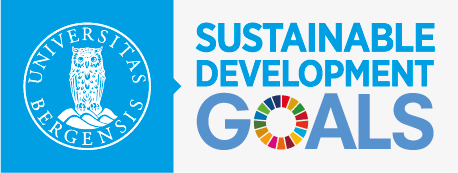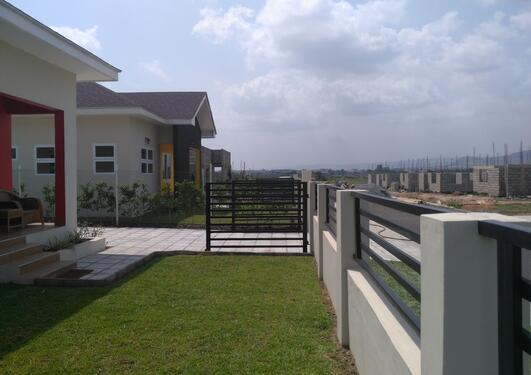New perspectives on change in urban Africa
The cutting-edge Urban Enclaving Futures project used its first workshop to define how research can bring in social, cultural, spatial and further dimensions moving beyond classic economic understandings of urban development.

Main content
The interdisciplinary Urban Enclaving Futures (UEF) project had its opening workshop in Mozambique's capital Maputo between 10 and 14 January 2019. A UEF concept note was presented and discussed in the workshop.
“On the one hand we wanted the participants to think about what enclaving might mean, its genealogy, its potentialities, and so on. On the other hand, the workshop was about trying to engage with Maputo's urban order and its multiple dimensions,” says Professor Bjørn Enge Bertelsen from the Department of Social Anthropology at the University of Bergen (UiB).
No preconceived notions
Integrated within the programme was the concept “Maputo meanderings”, which consisted of a walking the city approach for inspiration and to reflect upon the psycho-geography of the city itself.
“The idea is to juxtapose a classic academic approach and a direct engagement with the actual city.”
Bringing together a diverse group, the project hopes to redefine the concept of urban enclaving beyond the classic understanding of the phenomenon.
“There has been an extremely econocentric way of thinking about enclaving, even in research on the subject. We want to rethink and challenge this idea of what enclaving means,” says Bertelsen, “there are plenty of types of approaches to use, such as generative, holistic, multiple. The idea is to not have a preconceived or easy definition of what enclaving is.”
Broadening understandings of urban life
Comprised of researchers from several African and European countries, UEF aims to broaden the understanding of what enclaving is beyond its traditional economic definition.
“We start with two simple questions: What is enclaving on a theoretical and analytical level, encompassing the question of what dimensions enclaving encompasses? The other question of relevance for a comparative collaborative project such as this is: how can we work with this methodologically?,” says the UiB anthropologist.
Funded by the Research Council of Norway, the researchers are bringing in different disciplines in the social sciences and the humanities to add new dimensions to the understanding of urban enclaving.
“The workshop aimed to lay out some of the conceptual genealogy of what enclaving might mean, and the end result of the project will definitely not be an encyclopaedia entry of the term,” says the anthropologist about how the project aims to redefine the understanding of enclaving as a phenomenon.”
- The project uses the Twitter and Instagram hashtag #UrbanEnclaving
There will be further Urban Enclaving Futures workshops in Accra in January 2020 and in Johannesburg in January 2021.

